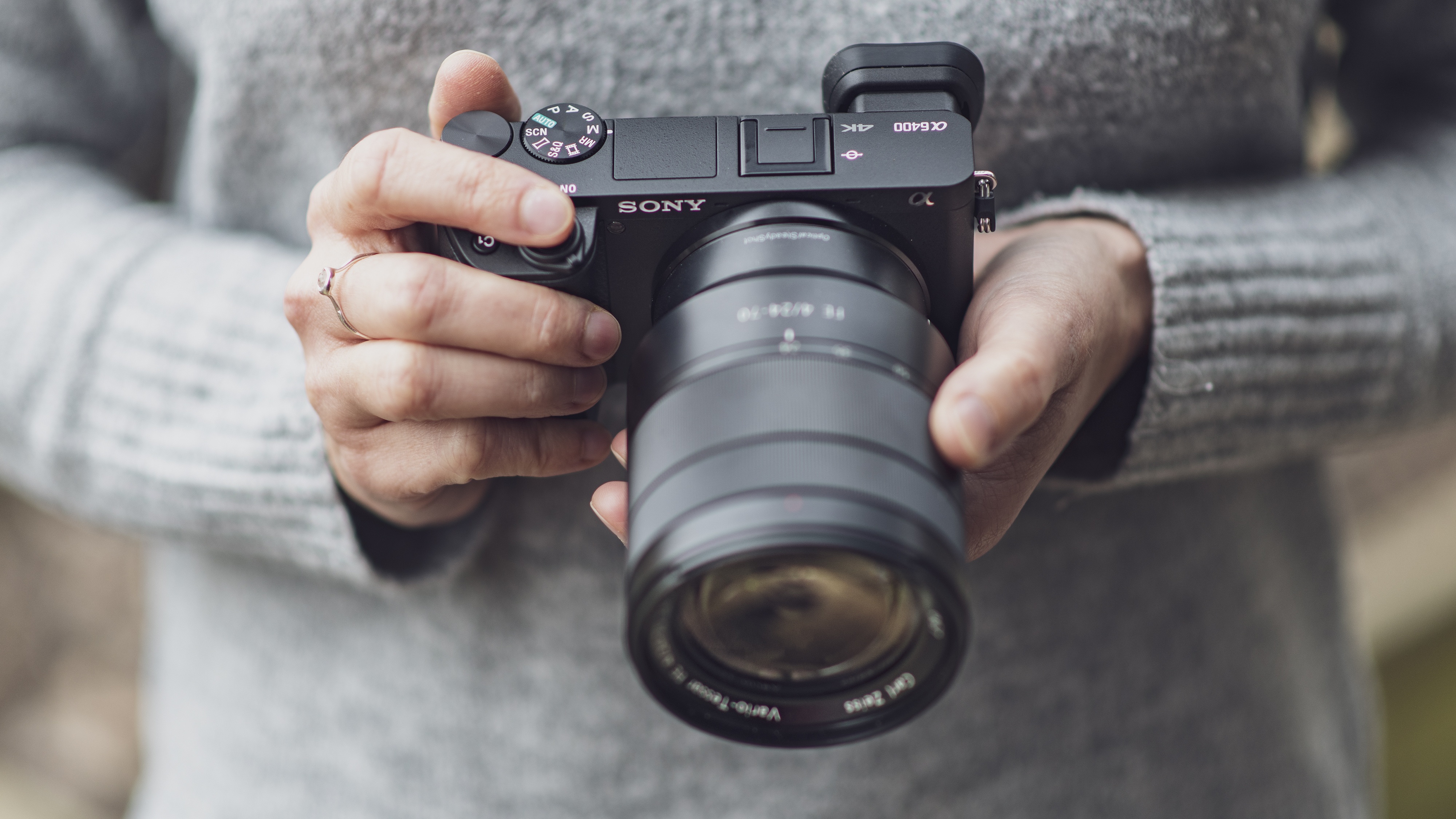Sony A6400 review
Behind the successes of Sony’s full-frame mirrorless cameras, the line of their younger brothers, the Alpha half-frame models, somehow began to get lost. Perhaps this is due to the fact that the company threw all its strength into a full-frame niche, which competitors did not fail to take advantage of, having recently released many interesting models. Sony answered this challenge with only one camera, which today will become the hero of our big test. Let's figure out whether the Sony A6400 is so cool to compete with numerous competitors? Check price Sony A6400 Looking ahead, let's say that the Sony A6400 benefits should not be sought between the specification lines, but in practical shooting. On paper, the novelty is almost no different from its predecessors - the A6300 and A6500 models. Look at the table below and you will see it. However, the algorithms of the autofocus system have been so greatly improved that it is autofocus, and not high shooting speed or image quality, that should be considered the main advantage of the Sony A6400. The minimum focusing time is declared at a record level - 0.02 s! The A6400 was Sony's first APS-C camera with auto focus on the eyes. We will pay special attention to the autofocus system, but for now let's look at other characteristics.ILCE-6400 / FE 70-200mm F4 G OSS Settings: ISO 100, F4, 1/200 s, 105.0 mm equiv.Download RAW
Comparison of Sony A6400, A6300 and A6500 specifications
| Sony A6300 | Sony A6500 | Sony A6400 | |
| Matrix | APS-C, CMOS, 24.2 million effective pixels | APS-C, CMOS, 24.2 million effective pixels | APS-C, CMOS, 24.2 million effective pixels |
| Stabilization | - | Based on matrix shift, up to 5 steps | - |
| Burst shooting | Up to 11 frames / s | Up to 11 frames / s00 | Up to 11 frames / s |
| Buffer capacity | Up to 55 JPEG, up to 21 RAW | Up to 301 JPEG, up to 107 RAW | Up to 116 JPEG, up to 46 RAW |
| Silent shooting | Yes | Yes | Yes |
| Shutter speed range | 1 / 4000-30 s | 1 / 4000-30 s | 1 / 4000-30 s |
| Focusing | Hybrid (phase + contrast) | Hybrid (phase + contrast) | Hybrid (phase + contrast) |
| Number of AF Points | 425 phase, 169 contrast zones | 425 phase, 169 contrast zones | 425 phase, 425 contrast zones |
| Autofocus on the eyes | Yes | Yes | Yes |
| Maximum movie resolution | Up to 3840 × 2160 at 30p | Up to 3840 × 2160 at 30p | Up to 3840 × 2160 at 30p |
| Maximum bitrate | Up to 100 Mbps | Up to 100 Mbps | Up to 100 Mbps |
| Slow motion | 1920 × 1080 @ 120p | 1920 × 1080 @ 120p | 1920 × 1080 @ 120p |
| Gamma curve profiles | S-Log2, S-Log3 | S-Log2, S-Log3 | S-Log2, S-Log3, HLG, HLG1-3 |
| External microphone input | Yes | Yes | Yes |
| Headphone output | Not | Not | Not |
| Viewfinder | XGA OLED 2.36 million points | XGA OLED 2.36 million points | XGA OLED 2.36 million points |
| Screen | 3 ?, 921 thousand points | 3 ?, 921 thousand points | 3 ?, 921 thousand points |
| Screen design | Inclined: up 90, down 45 degrees | Inclined: up 90, down 45 degrees | Inclined: up 180, down 74 degrees |
| Touchscreen | Not | Yes | Yes |
| Battery | NP-FW5 | NP-FW5 | NP-FW5 |
| Battery Life (CIPA Methodology) | 350 frames (viewfinder) / 400 frames (screen) | 350 frames (viewfinder) / 400 frames (screen) | 360 frames (viewfinder) / 410 frames (screen) |
| Weight | 404 g | 453 g | 403 g |
| Dimensions | 120 × 66.9 × 48.8 m | 120.0 × 66.9 × 53.3 mm | 120.0 × 66.9 × 59.7 mm |
| Dust and moisture protection of the case | Yes | Yes | Yes |
| Memory cards | Memory Stick Duo / SD UHS-I | Memory Stick Duo / SD UHS-I | Memory Stick Duo / SD UHS-I |
ILCE-6400 / FE 70-200mm F4 G OSS Installations: ISO 100, F4, 1/400 s, 300.0 mm equiv.
In other aspects, the A6400 almost completely repeats the characteristics of previously released cameras. Compactness has not gone away, very high speed (shooting up to 11 frames / s!), High-quality Full HD and 4K video shooting. A set of features is not bad by modern standards. But can the A6400 offer the photographer something unique that sets her apart from her predecessors and competing cameras?
Can! We are talking about the function of tracking in real time (Real-time tracking) - fundamentally new algorithms for autofocus operation with continuous tracking autofocus. The function appeared recently in the Sony A9 reportage (in firmware version 5.00) and was initially “pre-installed” in the Sony A6400. Many elements of the autofocus system, including computing power, were borrowed from the Sony A9 reportage and its latest firmware. And that’s exactly what the novelty differs from many cameras on the market today. It became Sony's first APS-C mirrorless mirror, into which the technologies of their older models were transferred. On the next page, we will describe in detail how this function works in the Sony A6400.


